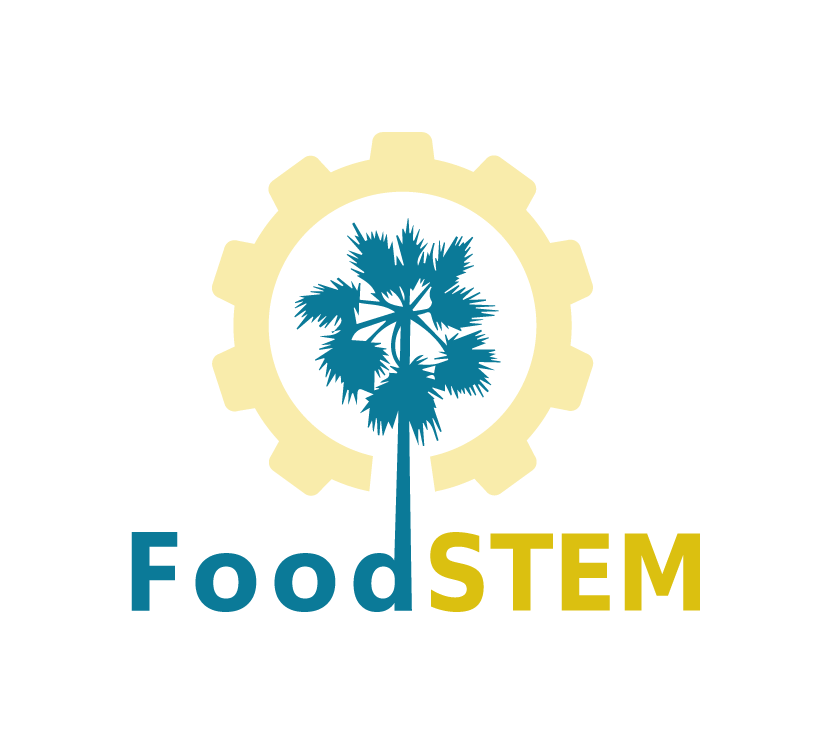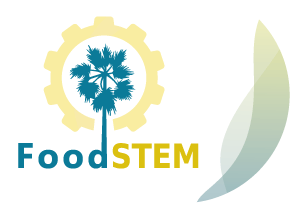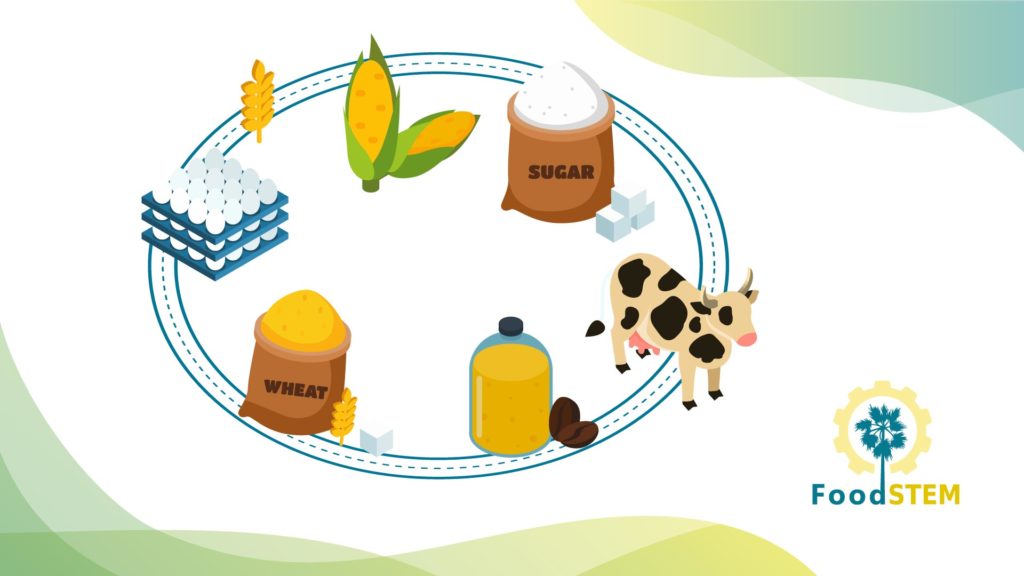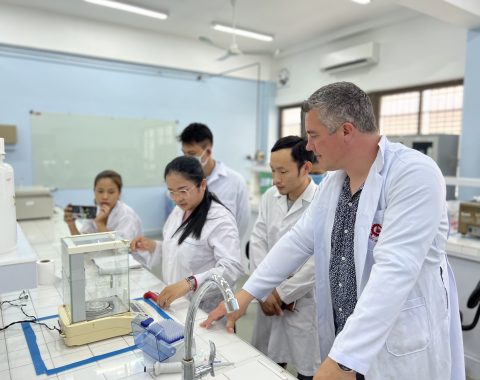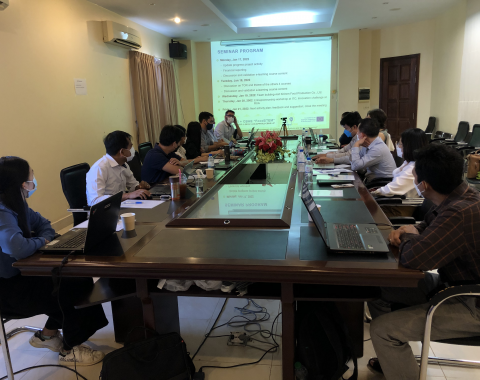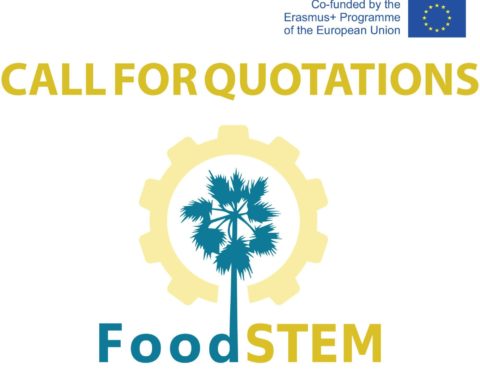
Development Process
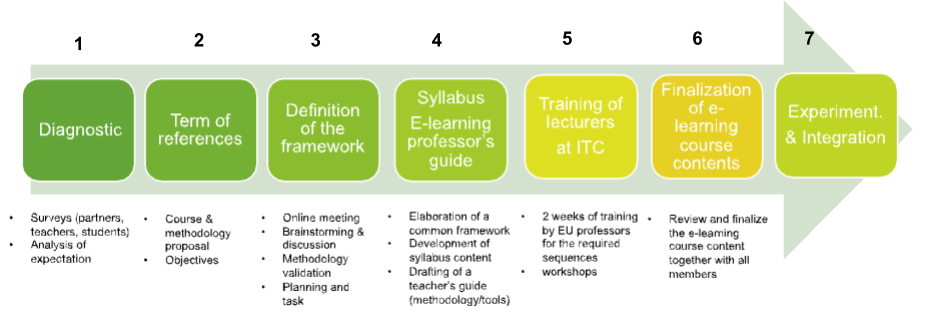
Pedagogical Objective
An entrepreneur generally does not act alone. In particular, he has to face important problems: Is the agri-food system in which my company operates sustainable? How can I organise the supply chain to optimise the added value of my products and to meet the sustainability criteria? From whom should I buy my inputs? To whom should I sell my products? In other words, to get to the final product, do I do everything myself, have it done or have it done with for certain stages of the process? This course brings elements of answer to these questions. It should help an entrepreneur to identify and build his relationships with the other actors of the sector (upstream and downstream), as well as to position his company in a given value chain in a sustainable way for himself but also for the society in general.
AT THE END OF THE COURSE, STUDENTS SHOULD HAVE THE FOLLOWING KNOWLEDGES AND SKILLS:
 General knowledge about :
General knowledge about :
- Definitions and major concepts: Inter-firm contracts and organisation, AFSC, Global Value Chain (GVC), “Sustainable & Innovative economic organisations” applied to AFSC (from traditional AFSC to AFSC based on eco-conception, industrial ecology, bio-economy and circular economy principles)
- AFSC and GVC analysis, multi-criteria analysis method, firm corporate social responsibility framework, design thinking
 Specific knowledge about:
Specific knowledge about:
- Local AFSC (cases studies of real-life Cambodian AFSC)
 Skills:
Skills:
- Carry out a diagnosis of more or less complex AFSC according to sustainability criteria
- Design the foundations of a sustainable & innovative AFSC
- Identify constraints and levers to develop the latter.
- Describe and characterise a more or less complex AFSC/GVC (technical stages of the production process, stakeholders, geographical localisation);
- Understand the functioning of AFSC/GVC (contractual relationships, governance system);
- Perform analyses (multi-criteria resumed in a SWOT matrix, LCA) to identify major sustainability issues within AFSC (economic, social, environmental);
- Design the foundations of a sustainable & innovative FSC and identify constraints and levers to develop the latter
 Soft skills:
Soft skills:
- Open-minded, analytical skills, empathy, creativity, working In group (ability to listen, negotiate, share, lead a team, etc.), oral and written communication
Course Content
THE COURSE “AGRI-FOOD SUPPLY CHAIN” WILL BE DIVIDED IN 3 MODULES:
 Module 1: Understanding innovative and sustainable Food Supply Chains (FSC)
Module 1: Understanding innovative and sustainable Food Supply Chains (FSC)
- Sequence 1.1. Standard definitions of FSC
- Sequence 1.2. The sustainability and resilience issues of FSC
- Sequence 1.3. Innovative FSC based on principles on bio-economy and circular economy
- Sequence 1.4. Case studies of bio-economy / circular economy projects in Cambodia
 Module 2: Analysing the economics of FSC
Module 2: Analysing the economics of FSC
- Sequence 2.1. Economic analysis of a contract
- Sequence 2.2. Inter-firm contractual relationships
- Sequence 2.3. The Global Value Chain approach
 Module 3: Designing innovative and sustainable FSC
Module 3: Designing innovative and sustainable FSC
- Sequence 3.1. Introduction to design thinking
- Sequence 3.2. Apply design thinking to improve existing FSC
- Sequence 3.3. Conceiving a sustainable and innovative agri-food business project
- Sequence 3.4. Application 2. Development of an agrifood business within an circular economy perspectives (ec-coneception)
